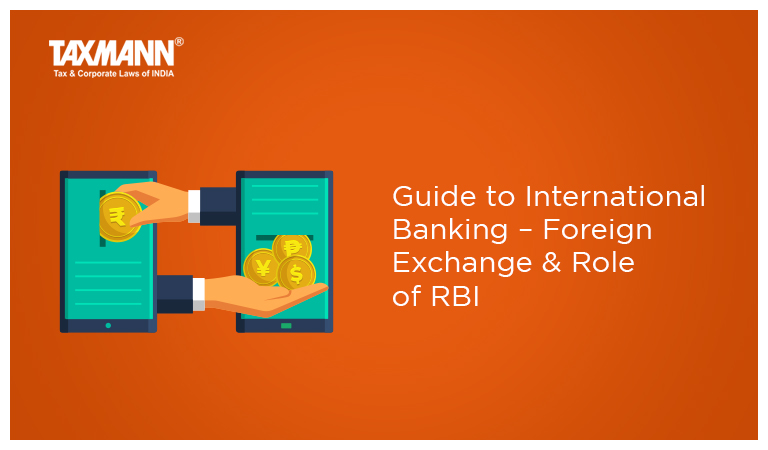India’s growing role in global trade, travel, and investment has fueled the need for efficient and reliable foreign exchange services. Whether it is tourists traveling abroad, NRIs remitting funds, or businesses managing cross-border transactions, the demand for safe and regulated forex services has never been greater. This is where Full Fledged Money Changers (FFMCs) step in, playing a crucial role in India’s foreign exchange ecosystem.
What Are Full Fledged Money Changers (FFMCs)?
Full Fledged Money Changers (FFMCs) are entities authorized by the Reserve Bank of India (RBI) to buy and sell foreign currency notes, traveler’s cheques, and other related instruments. By holding an FFMC License in India, these businesses can provide currency exchange services to travelers, corporates, and individuals, ensuring that all transactions remain compliant with RBI guidelines.
In simple terms, FFMCs act as trusted intermediaries that make forex accessible, transparent, and safe.
Importance of FFMCs in India’s Forex Market
1. Facilitating Tourism and Travel
India is one of the largest outbound tourism markets, with millions traveling abroad each year. FFMCs provide hassle-free foreign currency exchange, ensuring that travelers have access to reliable forex before they embark on their journeys.
2. Boosting International Trade
Businesses engaged in imports and exports rely on FFMCs to manage currency requirements and ensure smooth international transactions. By offering standardized exchange services, FFMCs reduce forex-related risks.
3. Supporting NRIs and Remittances
With India being the largest recipient of remittances globally, FFMCs play a key role in ensuring that families receive money safely and in compliance with regulatory frameworks.
4. Ensuring Regulatory Compliance
Since FFMCs operate under a full fledged Money Changer license in India, they are regulated by the RBI. This ensures transparency, authenticity, and security in foreign exchange dealings, protecting both individuals and businesses.
Obtaining an FFMC License in India
To operate as a money changer, businesses must obtain an FFMC License in India from the Reserve Bank of India. The process involves:
- Submitting an application with required documents such as company incorporation certificate, audited financials, and net owned funds proof.
- Ensuring compliance with RBI’s “fit and proper” criteria for promoters and directors.
- Setting up systems to manage risk, compliance, and anti-money laundering measures.
Today, with digitization, many firms help applicants with FFMCs license online, making the process faster and more convenient.
Why FFMCs Remain Essential in India’s Forex Ecosystem
- Trustworthy Transactions: Backed by RBI approval, FFMCs provide credibility and safety.
- Accessible Services: Available at airports, tourist hubs, and major cities, making forex easy for all.
- Economic Contribution: By facilitating smooth forex transactions, FFMCs support trade, tourism, and overall economic growth.
Conclusion
In a country as globally connected as India, Full Fledged Money Changers are indispensable players in the forex market. By operating under a full fledge money changer license in India, they bring security, convenience, and transparency to millions of currency exchange transactions every day.
With the availability of FFMCs license in India and options to apply for FFMCs license online, the process has become much more streamlined for businesses looking to enter this sector. As India continues to strengthen its global presence, FFMCs will remain vital in bridging currency needs and supporting the nation’s financial ecosystem.









